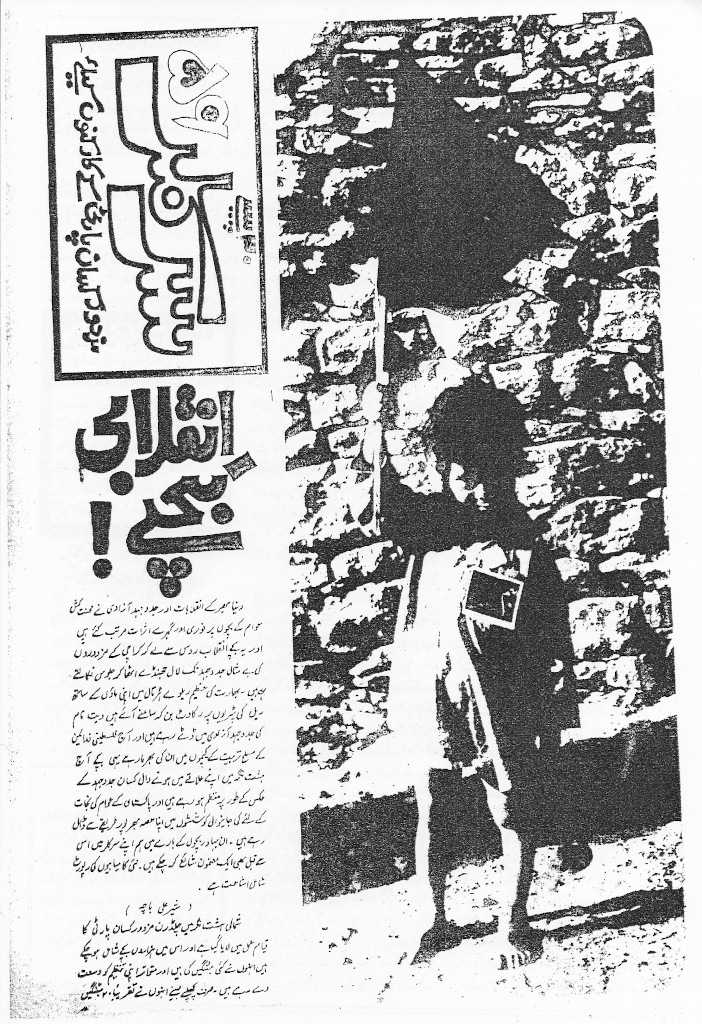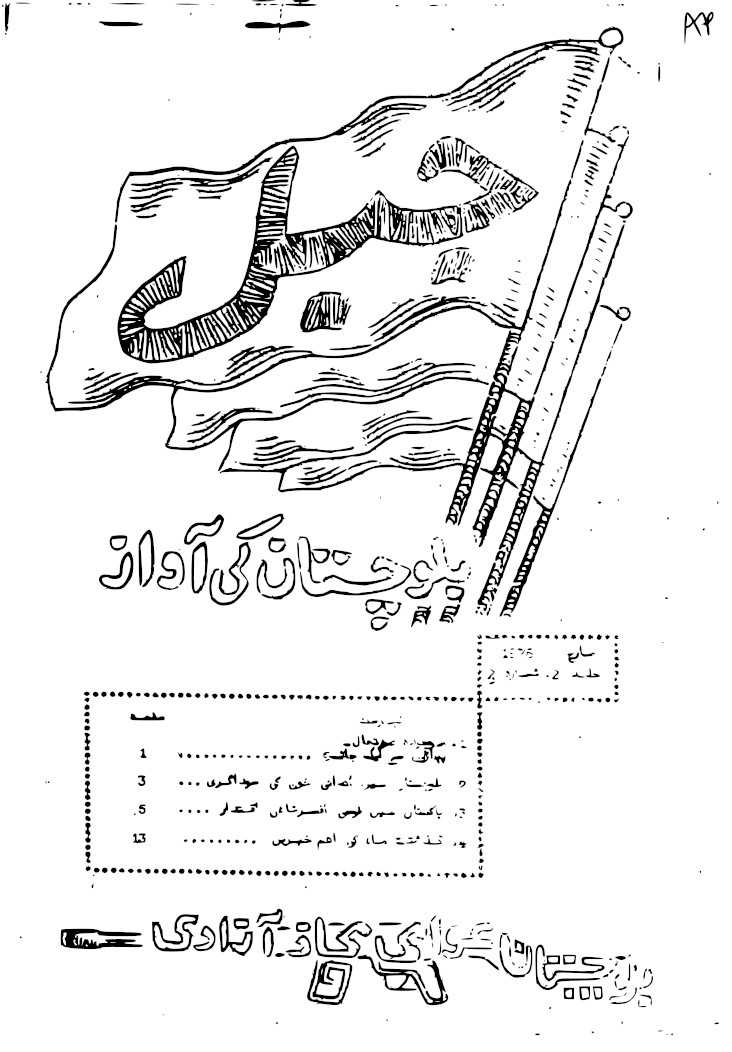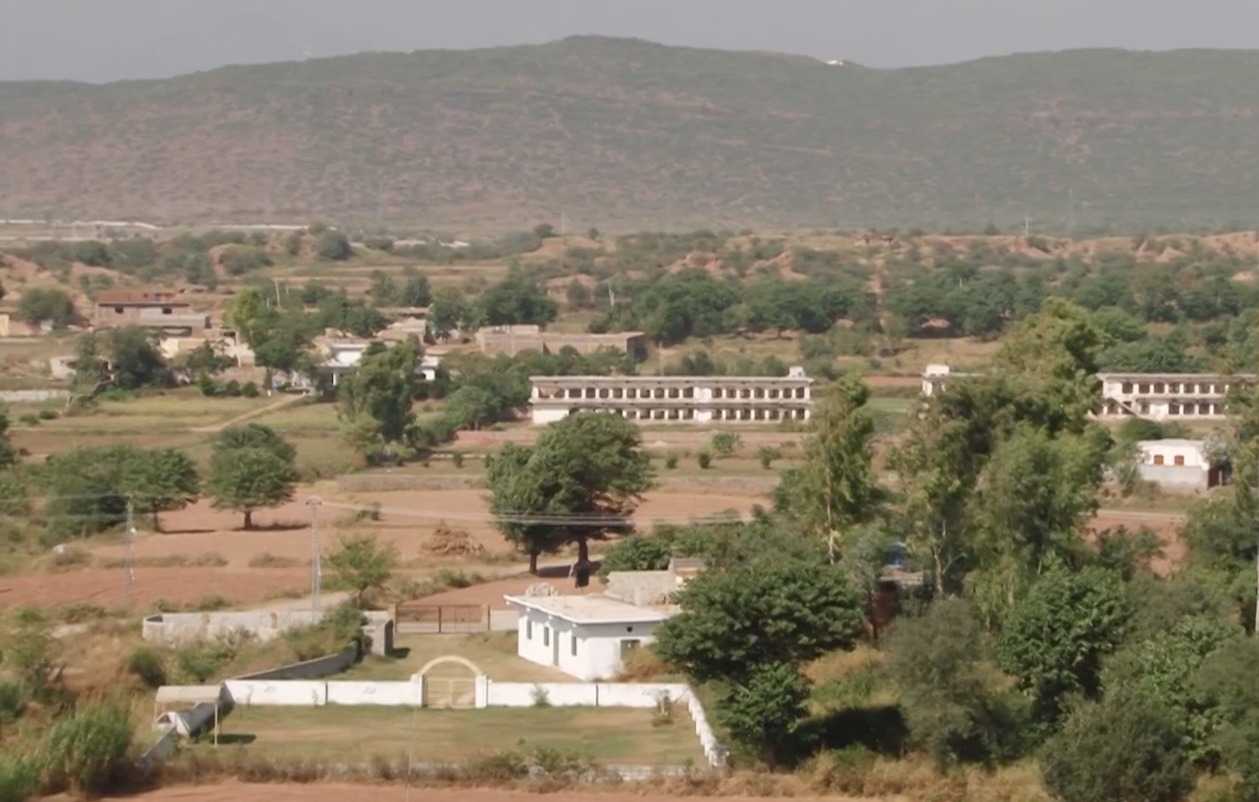
Explore SARRC
anchorSome Material You Can Explore at SARRC
Personal papers
E.g. notebooks, letters, photographs of anti-colonial, pro-democracy figures like the Pashtun Khān Abdul Ghaffār Khān (1890-'88) and the Sindhi Ghulām Murtaza Syed (1904-'95).
Posters, pamphlets
E.g. anti-Vietnam War protest placards; circulars by the Movement for Restoration of Democracy against military rule (1977-'88); popular poetry collections in marginalised, endangered languages like Sindhi and Torwali.
Papers of political parties, trade unions, peasants/labor movements
E.g. minutes, resolutions, internal letters of the Mazdoor Kissan Party (Worker's Peasant's Party, from 1968).
Newspapers, periodicals
E.g. Pakistan Times (1947-'66) published by Progressive Papers Limited (PPL)
Out-of-print books, reports, dissertations
E.g. previously banned books published by PPL; reports on human rights, minorities, women.
State documents on progressive politics inaccessible in national archives
E.g. copies of the Hyderabad Conspiracy Case (1975-'79) launched against democratic oppositions.
AUDIO
Oral history interviews
E.g. of factory workers during the 1947 Partition; minority communities (Ahmadis, Christians, Hindus); interviews of labour activists.
Recordings of popular literatures
E.g. recordings of folklore, poetry, songs too contentious for inclusion in national repositories.
VIDEO
Video plays, documentaries, socialist realist cinema
E.g. theatre on women's oppression; film about Bengali fishermen by progressive Urdu poet, Faiz Ahmad Faiz (1941-'84).
Digitized material
Meyār (1976-1978; 1980-1994)
A weekly Urdu journal from Karachi that was founded by journalist, poet, and writer Mahmood Shaam (1940-present), a Pakistan People’s Party supporter. The magazine opposed the military regime of Zia ul Haq. It was banned several times.
Al-Fatah (1979-1980)
A weekly Urdu journal from Karachi that was founded by Irshad Rao (ca. 1945-present), a supporter of the Pakistan People’s Party. The magazine the opposed second military regime of Zia ul Haq and was banned several times.
Awāz (1976-1981)
Awāz was founded by feminist poet Fehmida Riaz (1946-2018). This Urdu weekly was published from Karachi, and focused on progressive literature.
1982 Interviews with Christian communities
These audio interviews were conducted by M.S. Khawaja in 1982, during the Zia ul Haq regime.
Sufi Poetry and Progressive Politics
Documentary
SARRC Publications
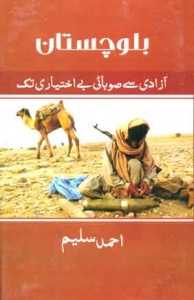
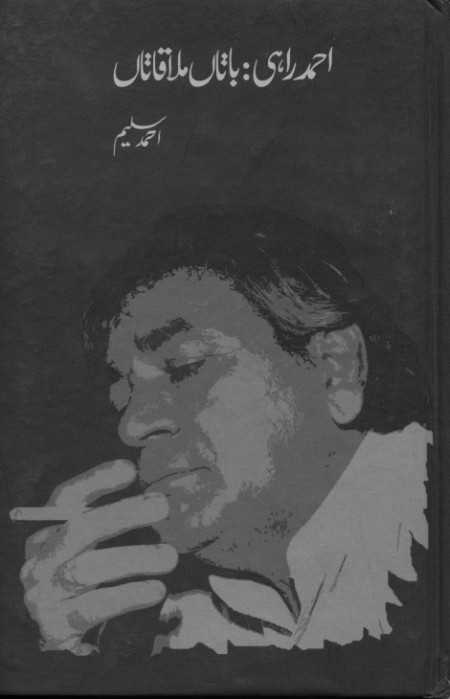
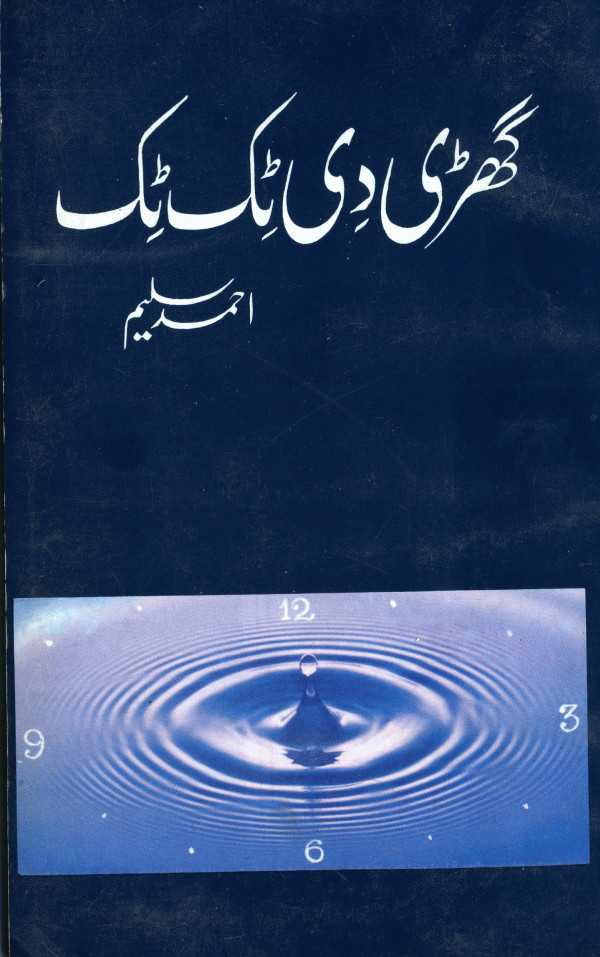
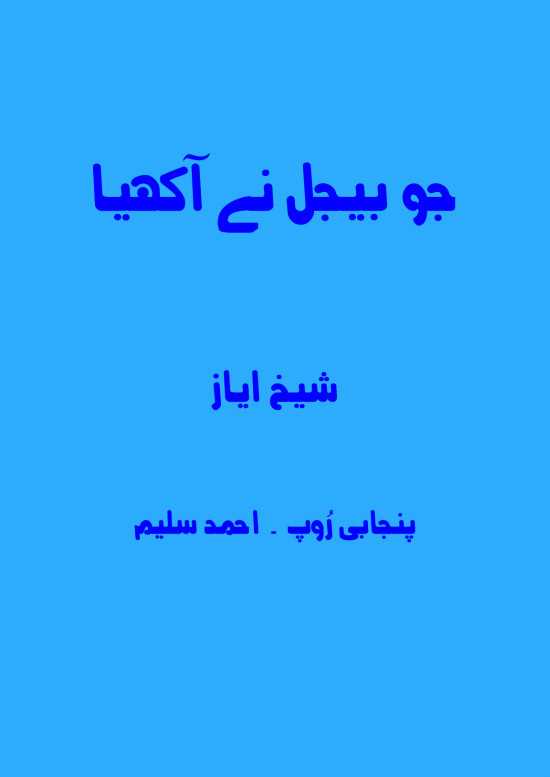
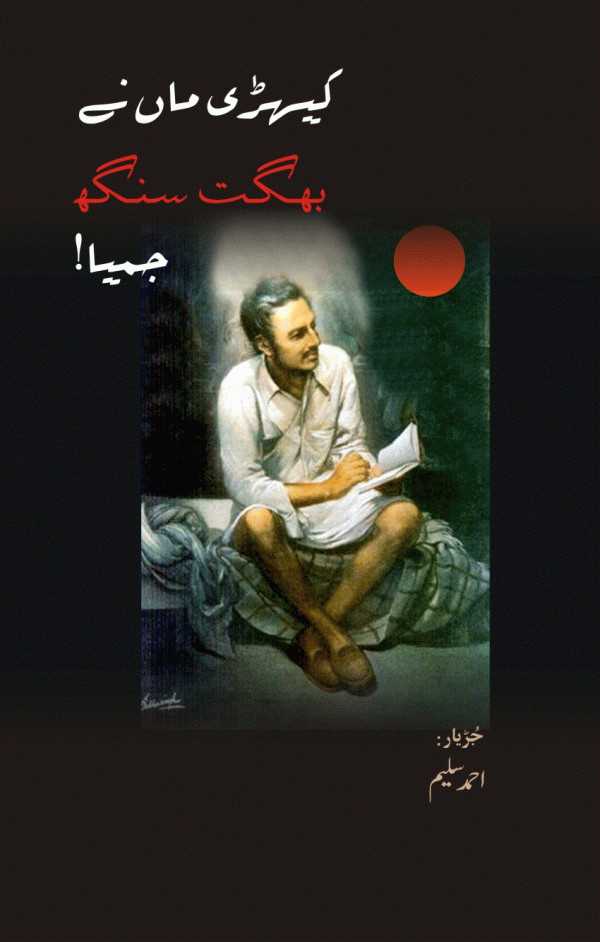
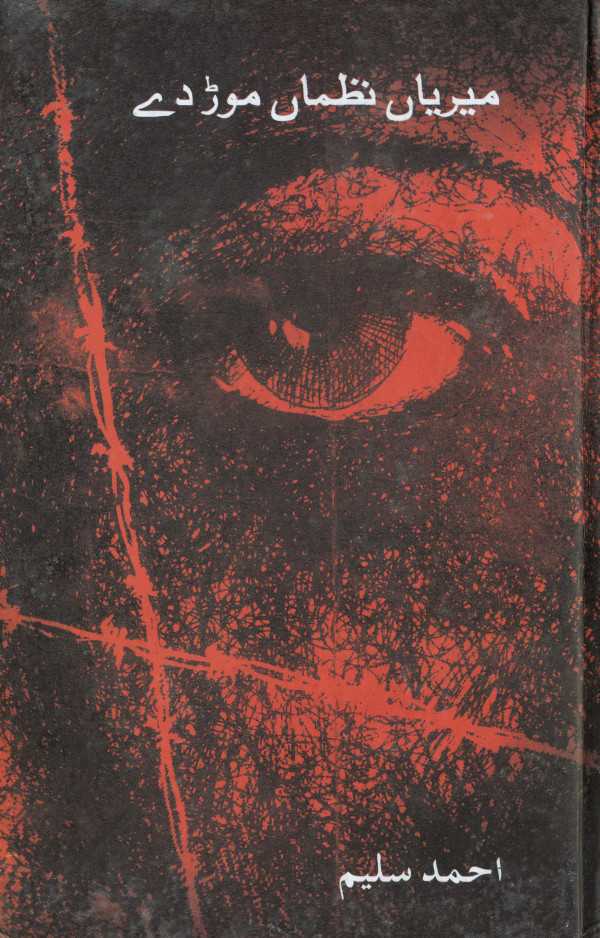
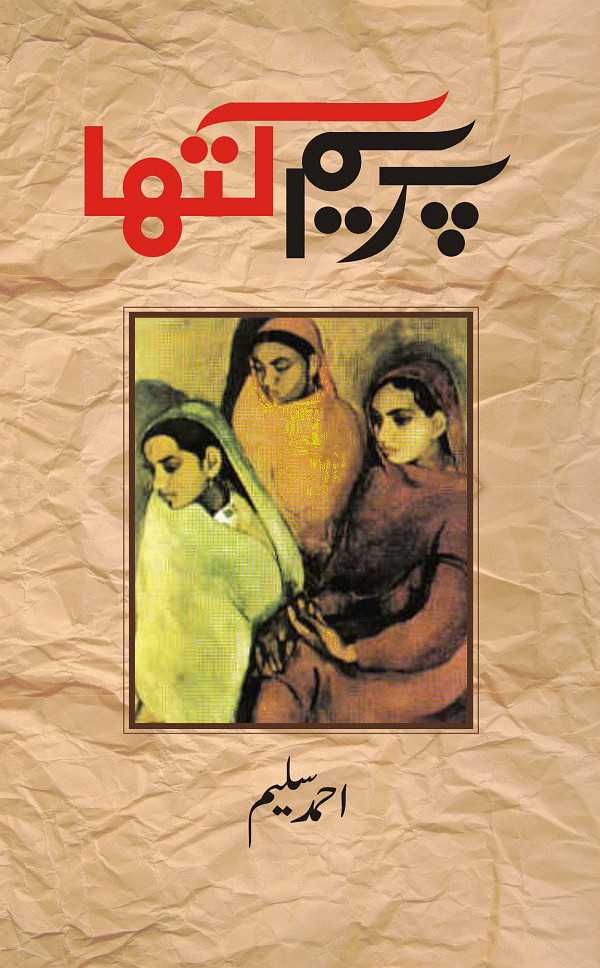
Teaching Revolutionary Papers at SARRC
In collaboration with Revolutionary Papers, SARRC is developing Teaching Tools that allow educators and organisers to teach radical journals in classrooms and movement contexts. If you want to develop a Teaching Tool using a journal, magazine, pamphlet or other print from the SARRC collection, please get in touch with Revolutionary Papers on this link.
Transliteration
NOTE: SARRC’s database houses resources in a variety of South Asian languages, including English. We have compiled a key for the Romanisation scheme we are following, as transliteration standards vary widely. SARRC is working with a transliteration standard that is most widely and intuitively accessible for native speakers of Urdu and other South Asian languages written in the Persian script.
If you encounter any trouble locating a title, please do not hesitate to contact us for help.
| Urdu Alphabet | Transliteration in Roman Script | Example |
|---|---|---|
| آ | a when appearing at the beginning of a word, for the elongated ‘aa’ vowel sound1 | Am = آم |
| ا | a (when appearing within a word) | Kaam = کام |
| اَ | a when appearing as the first letter with the vowel sound of a short ‘a’, or ‘uh’2 | Andar = اَندر |
| اِ | i | Insan = اِنسان |
| اُ | u | Ulat = اُلٹ |
| ب | b | Baas = باس |
| پ | p | Pardah = پردہ |
| ت | t | Tum = تُم |
| ت | t | Tum = تُم |
| ٹ | t | Tamatar = ٹماٹر |
| ث | s | Usman = عُثمان |
| ج | j | Jalebi = جَلیبی |
| چ | ch | Chimta = چِمٹا |
| ح | h | Hairaan = حیران |
| خ | kh | Khitaab = خِطاب |
| د | d | Dard = دَرد |
| ڈ | d | Anda = اَنڈا |
| ذ | z | Zikr = زِکر |
| ر | r | Rang = رَنگ |
| ڑ | r | Ragar = رَگڑ |
| ز | z | Zid = زِد |
| س | s | Saans = سانس |
| ش | sh | Taash = تاش |
| ص | s | Subah = صُبح |
| ض | z | Raaz = راض |
| ط | t | Tota = طوطا |
| ظ | z | Manzar = مَنظر |
| ع | e or ai when appearing as the first letter, aa when appearing within a word | Baad = بعد Ainak/ Enak = عینک |
| غ | g | Maghrib = مغرب |
| ف | f | Saaf = صاف |
| ق | q | Qainchi = قینچی |
| ک | k | Kam = کَم |
| گ | g | Gol = گول |
| ل | l | Lal = لال |
| م | m | Man = مَن |
| ن | n | Daant = دانت |
| ں | n | Rawan = رَواں |
| و | v or w when appearing as the first letter, o or u when appearing within a word (depending on the vowel sound) | Waqt/ Vaqt = وقت Dost = دوست Duur = دُور |
| ہ | h | Siyah = سیاہ |
| ی | i or y when appearing at the end of a word, ee or y when appearing within a word | Judai = جُدائ Jadeed = جَدید |
| ے | ay | Baray = بڑَے |
- For long vowel sounds: for long vowel sounds, double letters of a, u, e will be used.
For example: duur = دُور - For the diacritics or short vowel sounds, i.e. zer, zabr, and pesh, i, a, and u will be used.
For example: dur = دُر
